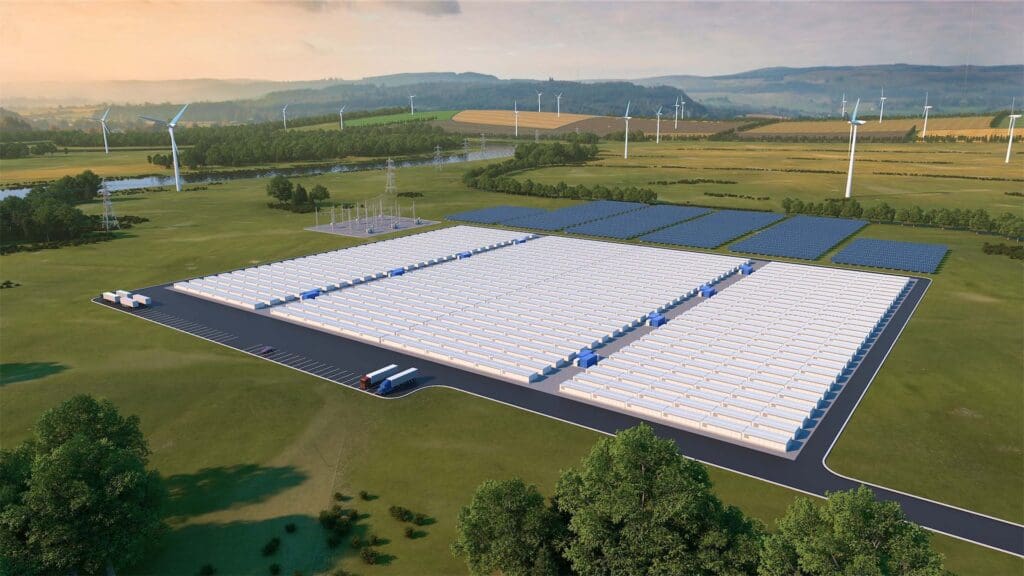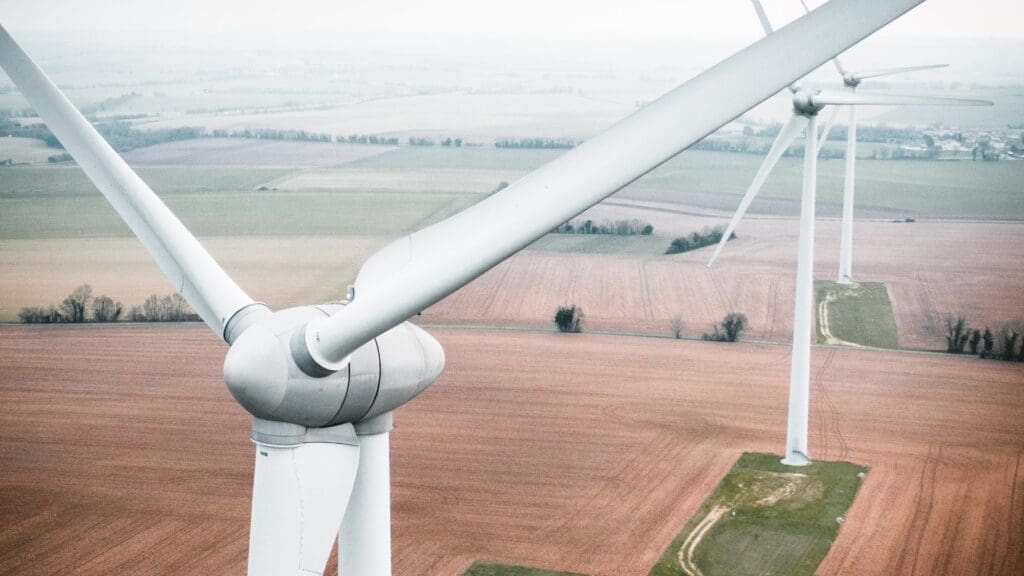Would you like to get notifications from Christian?
Energy storage is a crucial aspect of our daily lives and a critical factor in the transition to clean and renewable energy. But, despite the many advancements in battery technology, we are still looking for a perfectly affordable, efficient solution. This is why scientists and researchers are constantly looking for new technologies that could revolutionize the energy storage industry. One such technology is the iron-air battery, a 140-year-old technology revamped by a team of scientists at MIT and a startup company called Form Energy.
Iron-air batteries are metal-air batteries that use iron as the anode and air as the cathode. They have been around since 1878, but they were not rechargeable because they corroded quickly once the airflow started. However, the team at MIT found a way to reverse the corroding process, which they call "reverse rusting," which makes the iron-air battery a rechargeable technology.

The iron-air battery is ten times cheaper than current Li-ion batteries, costing around $20 per kWh of capacity, compared to up to $200 per kWh in the case of Li-Ion batteries. This makes them truly affordable and accessible to the masses. Iron is a cheap and abundant metal, making it an ideal choice for battery production.

Although the iron-air battery is unsuitable for electric vehicles due to its slow charge and recharge cycle, it's perfect for grid-level energy storage. It excels at long-term energy storage and can deliver more than 3 MW output capacity per acre. However, because they are slow, they cannot handle demand spikes, so they need to be backed up by Li-ion packs.
Form Energy, the company founded by scientists who invented the iron-air rechargeable battery, is set to commercialize this technology. They have attracted investors like Breakthrough Energy Ventures and steel giant ArcelorMittal, and are building a new factory in West Virginia that is set to start production in 2024. The $760-million project will occupy 55 acres of property along the Ohio River in Weirton, West Virginia, a city once one of America's most essential steel towns. This location will provide easy access to the iron needed to manufacture the batteries. The company has received a state financial incentive package worth $290 million to set foot in West Virginia and will create 750 jobs when the battery factory operates at total capacity.
In conclusion, the iron-air battery is a promising technology that could revolutionize the energy storage industry. It's ten times cheaper than current Li-ion batteries and perfect for grid-level energy storage. Form Energy's plans to start production in 2024 are a step in the right direction, and we can't wait to see the impact this technology will have on the energy storage industry and our daily lives.
Author: Christian Kromme
First Appeared On: Disruptive Inspiration Daily
Christian is a futurist and trendwatcher who speaks about the impact of exponential technologies like AI on organizations, people, and talents. Christian tailors his presentations to your audience's specific industries and needs.



Our world is changing at an exponential rate! A big tidal wave of digital transformation and disruption is coming at us fast. Many organizations see this wave as a threat and experience stress, but there are also organizations that just see this wave as an opportunity.

Imagine sitting with just 10-15 fellow executives at a premier location, gaining clarity on the impact of AI on your industry while enjoying an exquisite dining experience. These are not just meetings—they are transformative moments that will shape the future of your organization



In the future, 3D printing and generative design will allow for products to be designed in a more decentralized manner, and production will take place closer to the customer and fully on-demand. 3D printing technology will also allow for more customization and personalization of products.


The agricultural industry is ripe for disruption. Robotics, AI, and IoT are all technologies that have the potential to radically transform the way we grow food. In combination with vertical farming, these technologies could increase the efficiency and quality of agricultural products.

A human-centered society is one that puts people first and where technology is used to unite and empower people. It is a society that values biological life and dignity above all else. It is a society that recognizes the importance of human relationships and works to strengthen them. In a human-centered society, all members of the community are valued and treated with respect.


The future of healthcare is here. New technologies like AI, IoT, big data, and smart sensors make it possible to become the CEO of your own health. Imagine that your phone can listen to your voice and AI algorithms can detect small nuances in the tone of your voice that indicate specific diseases.
